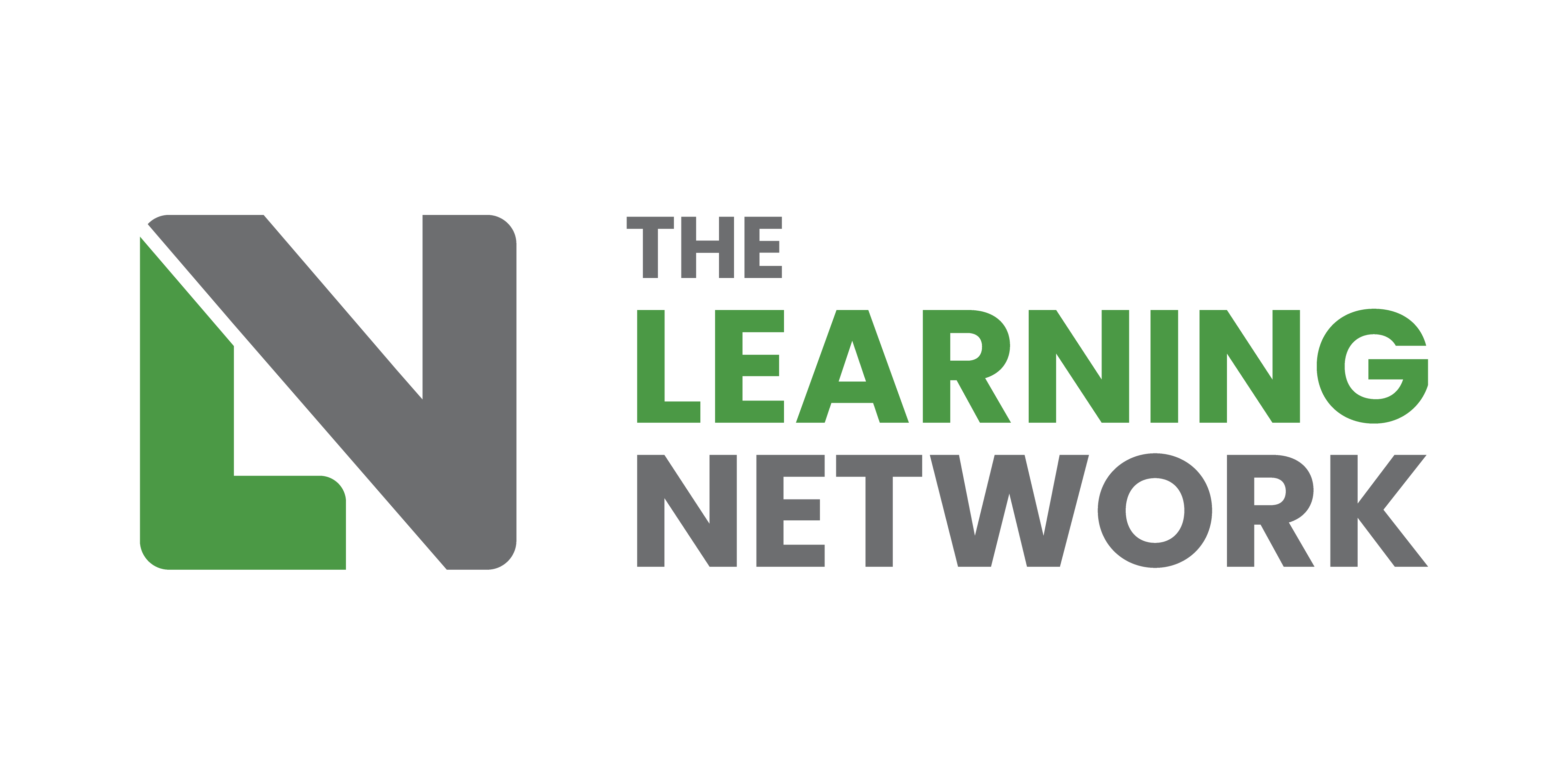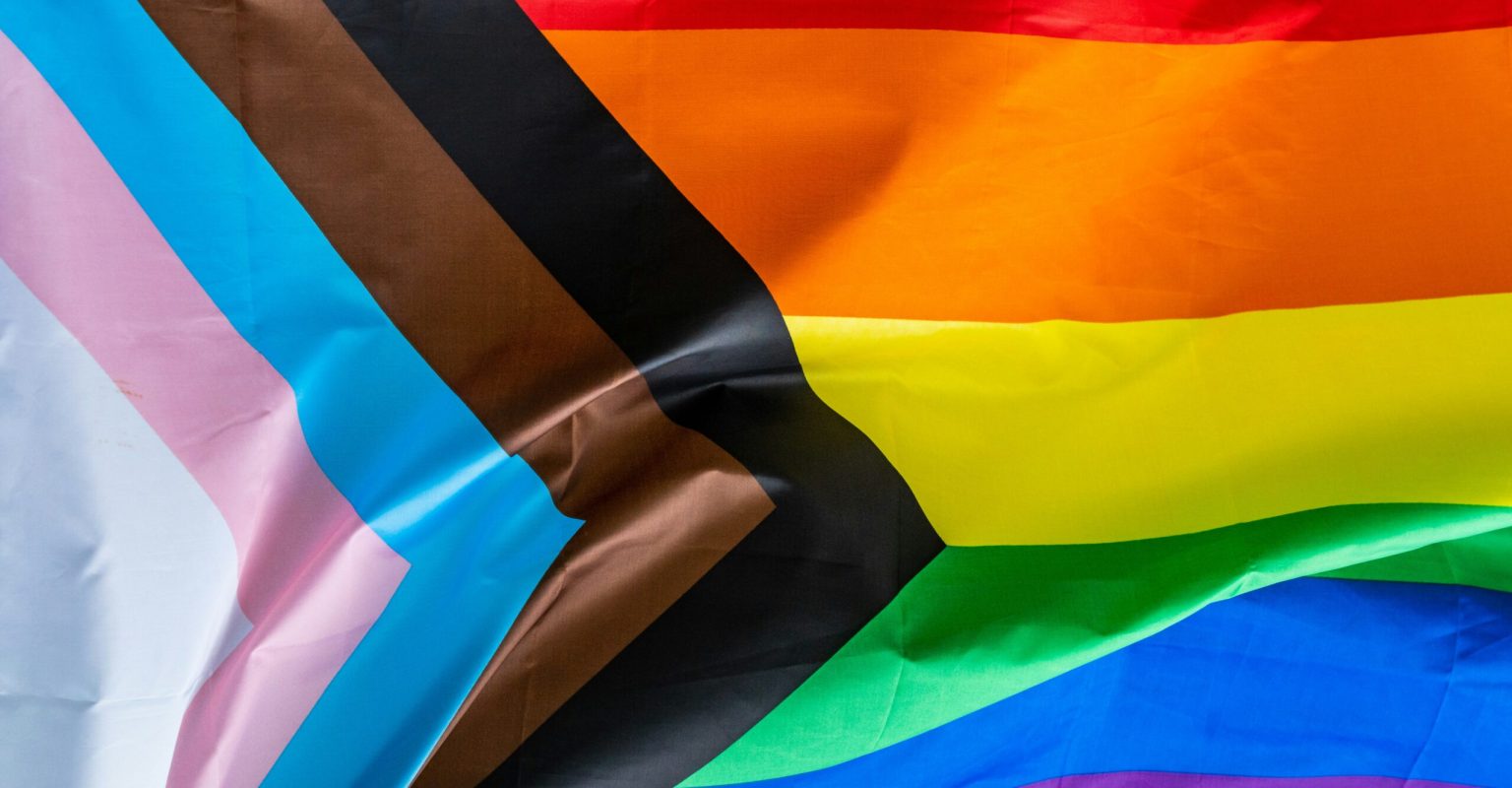By Neil John Cunningham, Mentoring Director at The Learning Network
I’m proud to be gay. Because if I can’t be proud of myself how is anyone else going to be?
And that’s the rub, isn’t it? Because for millions of LGBTQ+ people being proud of yourself is incredibly hard. Why? Because they face not only external daily pressure to be someone they are not, but also an internalising homophobia that shames them into being someone who they aren’t.
I’ve seen people ask why we need Pride. For me, it’s about visibility and spending time with other people in the community who understand what went or are going through.
When I grew up Pride parades were small, they were often attended by hate groups (as some still are) hurling abuse (and bricks). The police (here in the UK anyway) were not seen as protectors of Pride marches as they are today and no companies put the Pride colours on their logos.
Rainbow washing is a problem, not a point to discuss in this post – though my position is that I’m all for big business using the inclusive rainbow. Just because you don’t need a rainbow doesn’t mean other people don’t.
Being proud as a member of the community is hard. Even in developed liberal democracies. There are people out there who still attack us because we do something innocuous as hold hands or kiss in public. I still look around to see who’s about before holding my partner’s hand, kissing him affectionately or even hugging him. There is a fear in me that even after 20+ years of being out that makes me stop actions the majority of people never think about.
If you are straight and reading this, imagine that every time you held hands with your partner in public or went to kiss them that they tensed a little, or you did. That you became hyper-aware of all the people around you, checking to see if you’d upset anyone. Imagine that the smallest, kindest moments of affection in public were always charged with fear. How do you think that would make you feel?
Would you feel proud or ashamed? Ashamed of yourself, ashamed of society, ashamed of the people around you and all the shame builds up inside you.
That shame can build into self-harm which can manifest itself in myriad ways but fairly commonly in the LGBTQ+ community as higher levels of smoking, drinking, drug abuse and suicide.
It’s a complex issue, which I can’t do justice to in a post, but it’s important to note that it was the refusal to be shamed that was the driver of the first Pride and that Pride Parades today can be an important tool in helping people transform shame and pain into pride and joy.
I’ll be marching in the London Pride Parade to demonstrate that I am proud to be gay, part of this amazing community and that I have, to some extent rid myself of shame.
And I’ll be thinking about all those that can’t be proud yet, but will be one day.



